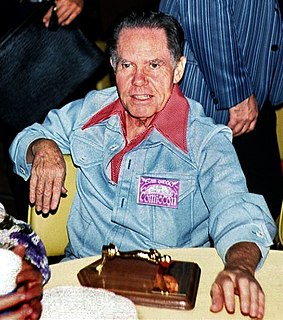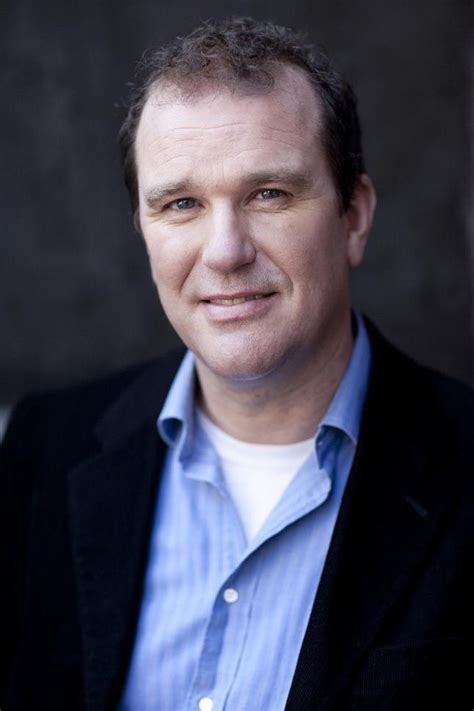A Quote by John Stuart Mill
Hardly any original thoughts on mental or social subjects ever make their way among mankind or assume their proper importance in the minds even of their inventors, until aptly selected words or phrases have as it were nailed them down and held them fast.
Related Quotes
You can say anything you want, yessir, but it's the words that sing, they soar and descend...I bow to them...I love them, I cling to them, I run them down, I bite into them, I melt them down...I love words so much...The unexpected ones...The ones I wait for greedily or stalk until, suddenly, they drop.
Such young men are often awkward, ungainly, and not yet formed in their gait; they straggle with their limbs, and are shy; words do not come to them with ease, when words are required, among any but their accustomed associates. Social meetings are periods of penance to them, and any appearance in public will unnerve them. They go much about alone, and blush when women speak to them. In truth, they are not as yet men, whatever the number may be of their years; and, as they are no longer boys, the world has found for them the ungraceful name of hobbledehoy.
The great thing about writing is that...you can do all these antisocial things and you get paid for them and nobody ever arrests you because they're all make-believe. Then that way if you were actually ever driven to do any of those things, the pressure's off because you'd have already written them down. It's therapy.
Some professional writers write everyday no matter what and perhaps that's the way it should be done, but it's not the way I do it. If I'm not pregnant with words and I'm not in labor with them, I don't even try to bring them forth because they won't be any good anyway. Once I'm ready to deliver, it's like being pregnant. I've got to find a typewriter or a piece of paper. The only words that have ever had any possible value to others seem to have been those words that just had to come out.
Consider these people, then, their way of life, their habits, their manners, the very tones of their voice; look at them attentively; observe the literature they read, the things which give them pleasure, the words which come forth out of their mouths, the thoughts which make the furniture of their minds; would any amount of wealth be worth having with the condition that one was to become just like these people by having it?
I want you to understand the words. I want you taste the words. I want you to love the words. Because the words are important. But they're only words. You leave them on the paper and you take the thoughts and put them into your mind and then you as an actor recreate them, as if the thoughts had suddenly occurred to you.
Men have always been a prey to distractions, which arethe original sins of the mind; but never before today has an attempt been made to organize and exploit distractions, to make of them, because of their economic importance, the core and vital center of human life, to idealize them as the highest manifestations of mental activity. Ours is an age of systematized irrelevances, and the imbecile within us has become one of the Titans, upon whose shoulders rests the weight of the social and economic system
I'm pretty good at inventing phrases - you know, the sort of words that suddenly make you jump, almost as though you'd sat on a pin, they seem so new and exciting even though they're about something hypnopaedically* obvious. But that doesn't seem enough. It's not enough for the phrases to be good; what you make with them ought to be good too.








































